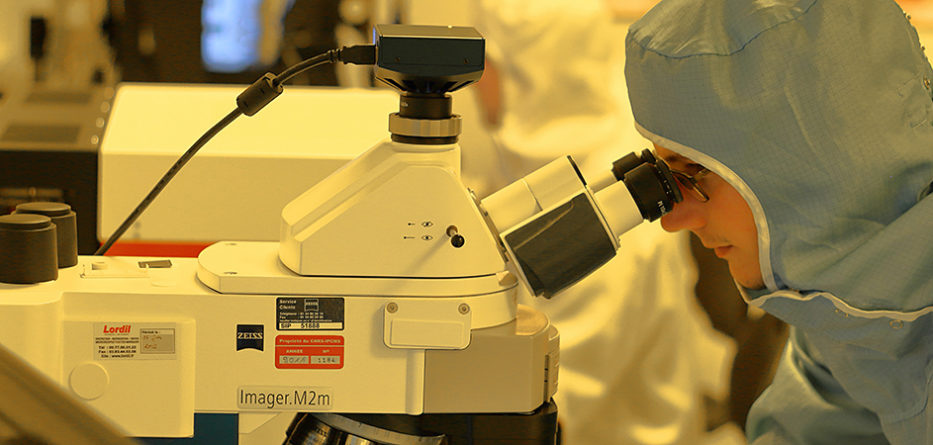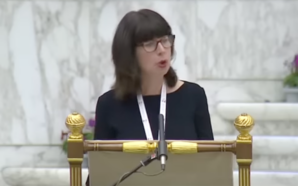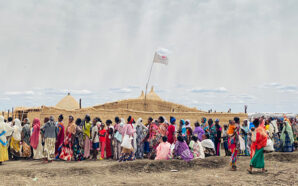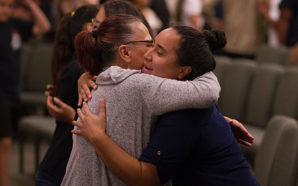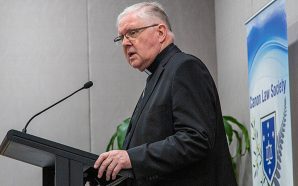10 November is the United Nations’ World Science Day for Peace and Development
Once, the part played by science in peace and development was celebrated without reserve.
Science helped develop weapons so powerful that they made war impossible. It also developed forms of communication, of transport and manufacturing which brought nations together in ways that benefited them all. Trade and science were universal in their reach and had encouraged a mobile society that profited from them. In this world, war was primitive and wasteful.
Science, too, had enabled the development of resources across the world through genetic engineering, fertilisers, advances in computer technology, medicine and engineering. Ordinary people could now live better and healthier lives than the nobility in previous centuries.
That sunny view, however, has now become heavily clouded. The scientific developments in weaponry have made war more destructive and likely. There have been continuous wars in which powerful nations use participants as proxies without fear of retaliation. People now speak openly about the possible use of nuclear weapons. The mirage of uniform and unending development, too, is seen as just a mirage. Scientific advances and the technology associated with them have contributed to the climate change that has put at risk the future of a world hospitable to our descendants.
In this situation, we still look to science for discoveries and technologies that will limit climate change. But we recognise now that we need a change of heart and change of priorities at every level if we are to limit the damage that suffered, and we as part of it. As a result, we now need scientists to do more than develop new ways of solving our problems. They must also stand like prophets at the gates of our human city to warn us of the costs of inactivity. They must tell us how idle it is to expect scientific advances to compensate for our failure of nerve and commitment to the common good.
Many climate scientists have already acted taken on this responsibility. They have invited us to reflect more deeply on the place that science and scientists have in society. Like economics, science is an important area of human life; scientists consequently have some authority in how we should order our society. They can tell us how our world works and estimate the consequences if we change or maintain the way in which we act. They cannot tell us authoritatively, however, what we should do. That will depend on what we value most and how we negotiate the different desires and claims that are affected in any change. We all, including scientists, are part of that conversation. It demands of us respect for the common good. For that, we need to attend to all the relationships that shape our world, and to be prepared to sacrifice our own interests for the good of others.
At Jesuit Social Services, we are not scientists. But we do try to encourage community action based on a personal connection to the environment and to people most disadvantaged by climate change. Our Centre for Just Places focuses on environmental justice and on helping build communities based on respect both for our natural environment and for people most vulnerable to climate change.
Fr Andrew Hamilton SJ writes for Jesuit Communications and Jesuit Social Services.




